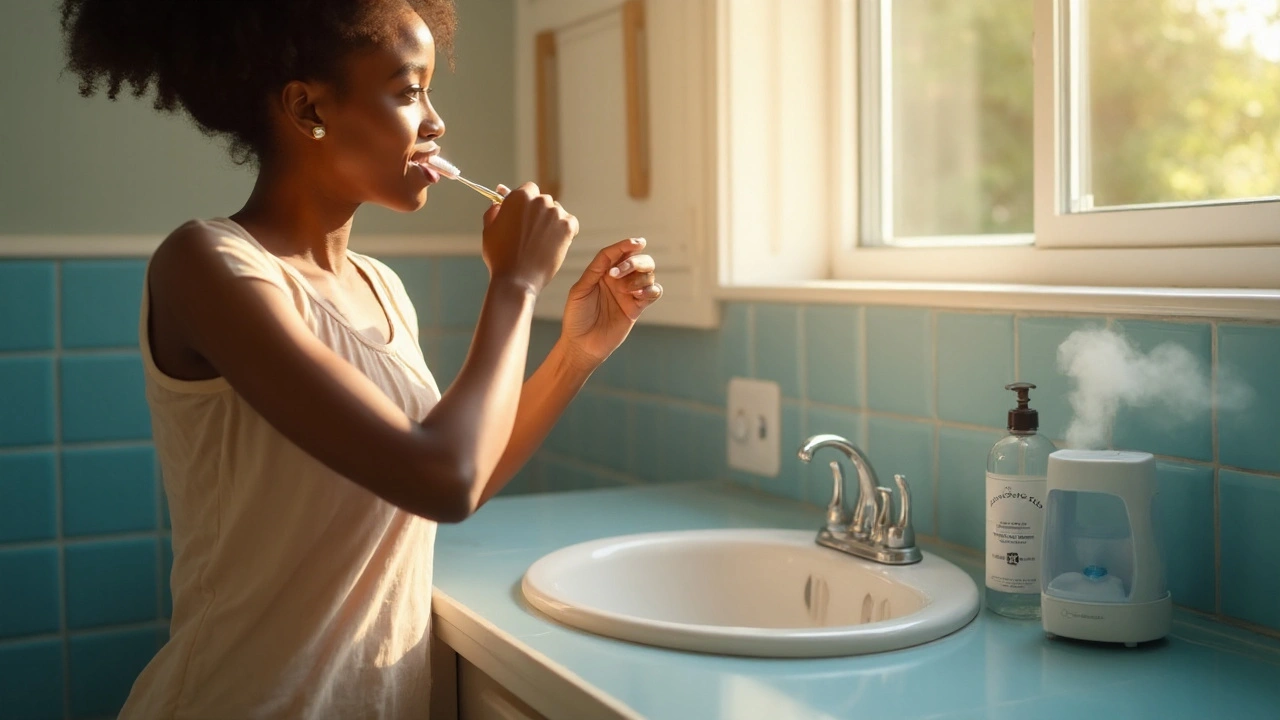Leukemia Oral Hygiene: Simple Steps for a Healthy Mouth
Living with leukemia means your body is already fighting hard. Adding a sore mouth or infection can make things feel impossible. The good news? A few easy habits can protect your teeth and gums while you undergo treatment.
Common Oral Problems in Leukemia
Chemo and radiation lower your immune defenses, so the mouth becomes a prime spot for trouble. You might notice sore gums, mouth ulcers, bleeding, or a dry, sticky feeling. Even a mild infection can spread quickly when white blood cells are low. Knowing what to watch for makes it easier to act fast.
Sticky plaque builds up faster than usual because saliva production drops. Less saliva means less natural cleaning, so bacteria multiply. This can turn a tiny sore into a painful ulcer. Cavities also rise as enamel gets weaker under certain drugs. Keeping an eye on any new redness or pain is essential.
Simple Daily Care Steps
Start with a soft‑bristled toothbrush. Hard bristles can hurt tender gums. Brush gently for two minutes after each meal, using a fluoride toothpaste that your dentist recommends for high‑risk patients.
Rinse with a mild, alcohol‑free mouthwash several times a day. Look for products that contain chlorhexidine or fluoride; they calm inflammation and fight germs without burning the mouth.
Stay hydrated. Sip water often, especially between treatments. If dryness is severe, ask your doctor about saliva substitutes or sugar‑free lozenges. These keep the mouth moist and help wash away food particles.
Skip sugary snacks and sticky foods. They feed the bacteria that cause plaque and cavities. If you need a quick bite, choose fresh fruits, plain yogurt, or cheese—these are easier on the teeth and still provide nutrition.
Schedule regular dental check‑ups. Even if you feel fine, a dentist can spot early signs of trouble and give professional cleanings that are safer during low blood counts.
When you notice a sore that won’t heal in a week, or bleeding that lasts longer than a couple of days, contact your oncology team right away. Early treatment can prevent a small ulcer from becoming a serious infection.
Finally, keep a simple oral care diary. Jot down when you brushed, rinsed, or felt any discomfort. This log helps you and your healthcare providers spot patterns and adjust the plan quickly.
Following these steps doesn’t cure leukemia, but it does give your mouth a fighting chance. A clean, comfortable mouth means you can focus on the bigger battle—getting through treatment and feeling better each day.

Leukemia and Dental Health: Oral Hygiene Guide to Prevent Sores, Infections, and Bleeding
Haig Sandavol Sep 1 20Practical oral care guide for people with leukemia: daily routine, safe products, mucositis and bleeding control, when to see a dentist, and red flags.
More Detail